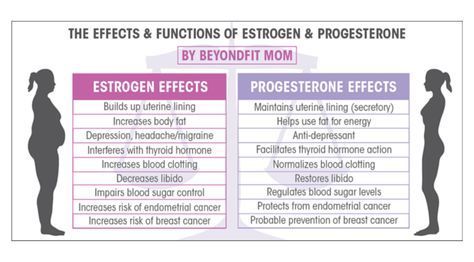When embarking on a weight loss journey, it is crucial to set realistic goals to ensure success and maintain motivation throughout the process. Unrealistic expectations can lead to feelings of frustration and disappointment, ultimately derailing your progress. Setting achievable goals, on the other hand, allows you to stay focused, celebrate milestones, and gradually create sustainable habits.
Be Specific
One key aspect of setting realistic weight loss goals is being specific about what you want to achieve. Rather than simply saying you want to “lose weight,” determine how much weight you aim to lose. For instance, setting a goal to lose 10 pounds in three months is more concrete and actionable than a vague objective.
Consider Your Lifestyle
When establishing weight loss goals, it is essential to consider your current lifestyle and commitments. It would be unrealistic to expect to spend hours at the gym every day if you have a full-time job and a family to take care of. Instead, set goals that align with your schedule and preferences, such as committing to workout three times a week or incorporating physical activity into your daily routine.
Set Both Short-Term and Long-Term Goals
Creating a balance between short-term and long-term weight loss goals is vital for maintaining motivation. Short-term goals, achievable within a few weeks or months, help you stay on track and provide a sense of accomplishment along the way. Long-term goals, on the other hand, provide a bigger picture and help you stay focused on your ultimate objective.
Consider Non-Scale Victories
While the scale can be a useful tool to track your progress, it is essential to remember that weight loss is not solely about the numbers. Consider incorporating non-scale victories into your goal-setting process. These can include improvements in stamina, increased energy levels, better fitting clothes, or simply feeling better mentally and emotionally.
Consult a Healthcare Professional
Before embarking on any weight loss journey, it is advisable to consult with a healthcare professional. They can provide personalized advice based on your medical history, current health condition, and any underlying factors that might impact your weight loss progress. A healthcare professional can help you set realistic goals that prioritize your well-being and safety.
Track Your Progress and Adjust Accordingly
Once you have set your weight loss goals, it is essential to monitor your progress regularly. Tracking your progress helps you stay accountable and identify any necessary adjustments to your plan. Consider keeping a journal or using a mobile app to record your food intake, exercise routine, and overall progress. Remember that weight loss is not always linear, and occasional plateaus are normal.
Celebrate Milestones
As you work towards your weight loss goals, be sure to celebrate milestones along the way. Recognize and reward yourself for your hard work and achievements, such as hitting a certain weight loss target or consistently following your exercise routine for a specific period. Celebrating milestones boosts motivation and reinforces positive habits.
Be Patient and Kind to Yourself
Lastly, remember that weight loss is a journey that requires time, patience, and self-compassion. Setbacks and challenges are normal, but it is essential to stay committed and continue moving forward. Be kind to yourself throughout the process, and avoid comparing your progress to others. Each individual’s weight loss journey is unique, and focusing on your own goals is key.
In conclusion, setting realistic weight loss goals is crucial for a successful and sustainable journey. By being specific, considering your lifestyle, setting short-term and long-term objectives, incorporating non-scale victories, consulting a healthcare professional, tracking your progress, celebrating milestones, and being patient and kind to yourself, you can create a positive and empowering weight loss experience.






